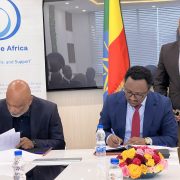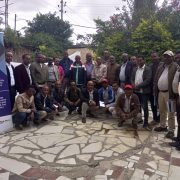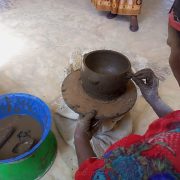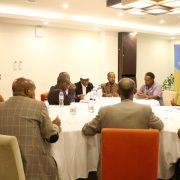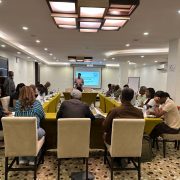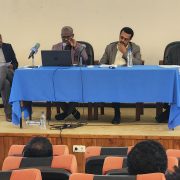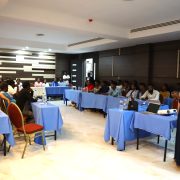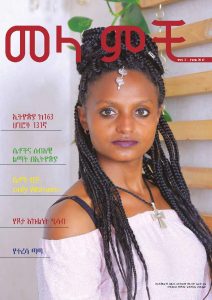Initiative Africa and National Rehabilitation Commission Sign MOU to Enhance Rehabilitation Services and Community Reintegration Programs
Addis Ababa, Ethiopia – July 12, 2024 – Initiative Africa (IA) and the National Rehabilitation Commission (NRC) have officially signed a Memorandum of Understanding (MOU) to collaborate on a range of projects designed to improve rehabilitation services and support community reintegration programs across Ethiopia. The signing ceremony, held at the NRC headquarters, marked a significant step towards strengthening the partnership between the two organizations in their shared mission of promoting inclusive development and sustainable growth.
Under Article 2 of the MOU, IA, and NRC will undertake several joint duties and responsibilities. These include developing a comprehensive understanding of the benefits they can achieve through partnership, testing cooperation and coordination between their programs, and planning various discussions focused on business integration. The collaboration also aims to provide capacity-building support to the NRC’s peace-building efforts and work together to secure financial support for joint ventures and projects that can transform research into innovative solutions.
The relationship between IA and NRC, will involve detailed procedures for joint projects, regular bilateral meetings to monitor project implementation, and the creation of an independent management and control system for each project. Both parties will assist each other in fulfilling their obligations under the MOU, with strategies, priorities, and opportunities for resource sharing and knowledge transfer being key components of their cooperation. Regular forums, workshops, and networking meetings will be organized to facilitate this collaboration and assess the benefits of their joint efforts.
This partnership aligns with IA’s commitment to fostering social and economic inclusion and NRC’s mandate to provide effective rehabilitation services nationwide. By leveraging their combined expertise and resources, both organizations aim to create a more inclusive and supportive environment for all Ethiopians, particularly those undergoing rehabilitation. The MOU is expected to pave the way for impactful initiatives that will contribute to the overall well-being and empowerment of communities across the country.

